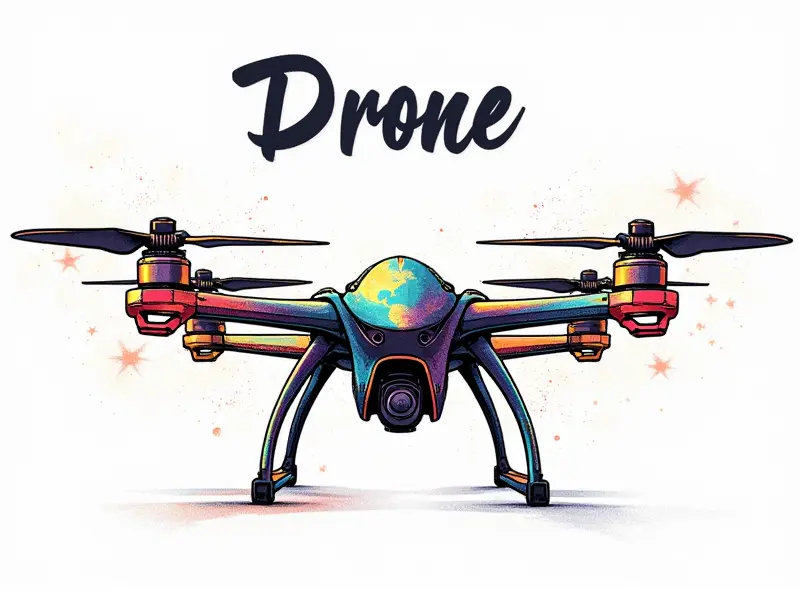Drone privacy concerns

How Drones Are Threatening Privacy Today
The rapid advancement and proliferation of drone technology have brought numerous benefits to various industries, from aerial photography to agriculture. However, this technological leap has also raised significant concerns about privacy infringement. Drones equipped with high-resolution cameras can capture detailed images and videos over vast areas, making it easier for unauthorized individuals or entities to monitor private activities without consent.
One of the primary ways drones threaten privacy is through their ability to fly undetected into restricted airspace. This capability allows them to gather data from places that would otherwise be off-limits, such as backyards, balconies, and other personal spaces. The ease with which drones can capture sensitive information has led many individuals to question whether their right to privacy is being compromised.
Protecting Your Privacy from Drones
To safeguard your privacy against drone surveillance, several measures can be taken:
- Install Obstruction Devices: Use anti-drone nets or other physical barriers to prevent drones from flying over private property.
- Deploy Anti-Drone Technology: Utilize jamming devices that interfere with drone signals, making it difficult for them to operate within a specific area.
- Educate Yourself on Local Laws: Familiarize yourself with regulations governing the use of drones in your region. Understanding these laws can help you take legal action if necessary.
Balancing Drone Tech with Privacy Rights
The challenge lies in finding a balance between leveraging drone technology for legitimate purposes and respecting individual privacy rights. Governments, regulatory bodies, and industry leaders must collaborate to establish clear guidelines that ensure drones are used responsibly while protecting personal freedoms.
One approach is to implement stricter regulations on the use of drones for surveillance activities. This could include requiring operators to obtain permits or licenses before conducting aerial observations in residential areas. Additionally, creating buffer zones around sensitive locations can help mitigate privacy risks associated with drone usage.
Safeguarding Privacy in the Age of Drones
As drone technology continues to evolve, so too must our strategies for safeguarding personal information and maintaining control over one's private space. This involves not only technological solutions but also fostering a culture that values privacy as an essential human right.
Education plays a crucial role in this process. By raising awareness about the potential threats posed by drones and teaching individuals how to protect themselves, we can empower communities to take proactive steps towards preserving their privacy.
Drone Surveillance: A Growing Concern
The increasing prevalence of drone surveillance has sparked debates about its legality and ethical implications. Critics argue that widespread use of drones for monitoring purposes could lead to a society where personal freedoms are severely curtailed.
Advocates, on the other hand, point out the benefits of using drones in law enforcement and security operations. They contend that when used responsibly, drones can enhance public safety without infringing upon individual rights excessively.
The Dark Side of Drone Usage
Beyond privacy concerns, there are darker aspects to consider regarding drone technology. For instance, the misuse of drones for criminal activities such as drug trafficking or terrorism poses significant threats to national security and public welfare.
Moreover, the potential for drones to be hacked and repurposed by malicious actors highlights the need for robust cybersecurity measures in addition to privacy protections.
Is Your Privacy at Risk from Drones?
The answer is yes, especially if you reside in areas where drone usage is prevalent or if your property lacks adequate protection against aerial intrusions. However, by taking proactive steps and staying informed about emerging trends in drone technology and privacy legislation, you can significantly reduce the likelihood of unauthorized surveillance.
Drone Overflights: Invasion or Freedom?
The debate over whether drone overflights constitute an invasion of privacy or a legitimate exercise of freedom hinges on contextual factors such as location, purpose, and adherence to legal standards. While some argue that drones merely extend the reach of traditional aerial observation methods, others contend that their unique capabilities necessitate stricter oversight.
The Ethics of Drone Surveillance
Evaluating the ethical dimensions of drone surveillance requires a nuanced understanding of both technological advancements and societal values. Key considerations include:
- Transparency: Ensuring that individuals are aware when they are being monitored.
- Consent: Obtaining explicit permission before conducting surveillance operations.
- Proportionality: Balancing the need for security with respect for personal liberties.
When Drones Cross Personal Boundaries
Determining when drone activity constitutes a violation of personal boundaries often depends on specific circumstances. Generally, if a drone captures images or videos without consent in areas where individuals have a reasonable expectation of privacy, it may be considered an invasion.
Examples include flying over private property without permission or using drones to capture intimate moments that would typically occur behind closed doors.
Drone Technology's Impact on Privacy
The advent of drone technology has undoubtedly transformed the landscape of personal privacy. While offering unprecedented opportunities for innovation and efficiency, it also presents challenges in safeguarding individual rights.
To navigate this complex terrain effectively, stakeholders must engage in ongoing dialogue to develop frameworks that promote responsible use of drones while upholding fundamental principles of privacy and freedom.
Conclusion
The rise of drone technology brings both promise and peril. As we embrace the benefits it offers, let us remain vigilant about protecting our most cherished rights—namely, the right to privacy. By fostering informed discussions, implementing robust safeguards, and advocating for balanced regulations, we can ensure that drones enhance rather than undermine personal freedoms.

